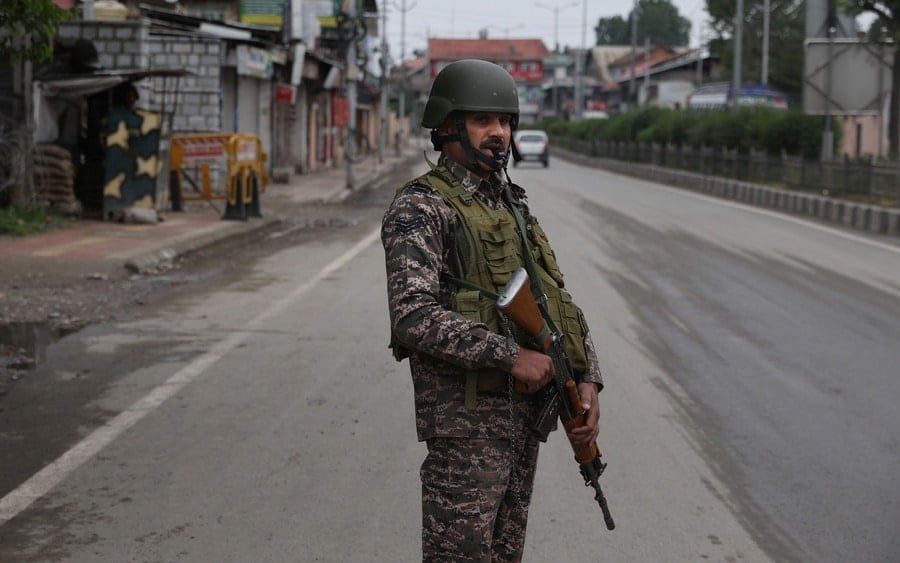

India and Pakistan announced a ceasefire, effective from 5:00 PM IST (11:30 GMT) on Saturday. The agreement came after weeks of escalating military exchanges sparked by a disputed attack on Indian tourists – which Delhi accused Islamabad for, a claim Pakistan fiercely denied.
This positive result was reached due to diplomatic efforts by the United States.
The news first became known to the world via a statement from U.S. President Donald Trump, who credited American mediation for the breakthrough. Soon after, official confirmations followed from both India and Pakistan.
India’s Foreign Secretary Vikram Misri, in a press briefing on Saturday, said that crucial conversations between the top military on both sides had taken place to achieve this positive outcome. He explained that the Pakistani Director General of Military Operations (DGMO) reached out to his Indian counterpart, leading to a mutual understanding to immediately cease all firing and military activities across the land, air and sea.
Across the border, Pakistan’s Deputy Prime Minister and Foreign Minister Ishaq Dar echoed the same sentiment in a televised address. He reaffirmed Pakistan’s dedication to regional peace and security, stressing that this commitment stood firm without compromising the nation’s sovereignty.
Instructions for the ceasefire implementation were then swiftly given to military commanders on both sides to make sure that all hostilities would end. Looking ahead, Indian and Pakistani delegates are expected to meet again on Monday, May 12th, at 12:00 PM local time. The agenda for this meeting includes finalizing the details of the ceasefire and exploring potential paths towards further de-escalation following decades of bitter conflicts over Kashmir.

The news has been met with a mixture of relief and cautious optimism on the ground as people are still suspicious on both sides of the Indian-Pakistani border.
The United States, particularly because of the involvement of Secretary of State Marco Rubio and Vice President J.D.Vance, played a significant role in bringing the two sides to the table.
Tensions between India and Pakistan surged dramatically a few days ago after India launched military strikes into Pakistani territory on Wednesday, codenamed “Operation Sindoor.”
This action was stated by India as a response to the April massacre of 26 people, primarily Indian tourists, in Pakistan-administered Kashmir, for which New Delhi holds Islamabad responsible. Pakistan has denied any involvement in the attack and retaliated with strikes on Indian-controlled territories, causing dozens of casualties.
Kashmir has been a bitter point of contention between India and Pakistan since their independence from British rule in 1947. The majority of the population is Muslim, with Pakistan claiming this as the main reason why it should be Pakistani territory. Both nations claim that the entire territory is theirs and have fought three bloody wars over it, the first of which started only months after their independence from the British Empire.
Today, Kashmir is one of the most heavily militarized zones in the world.
